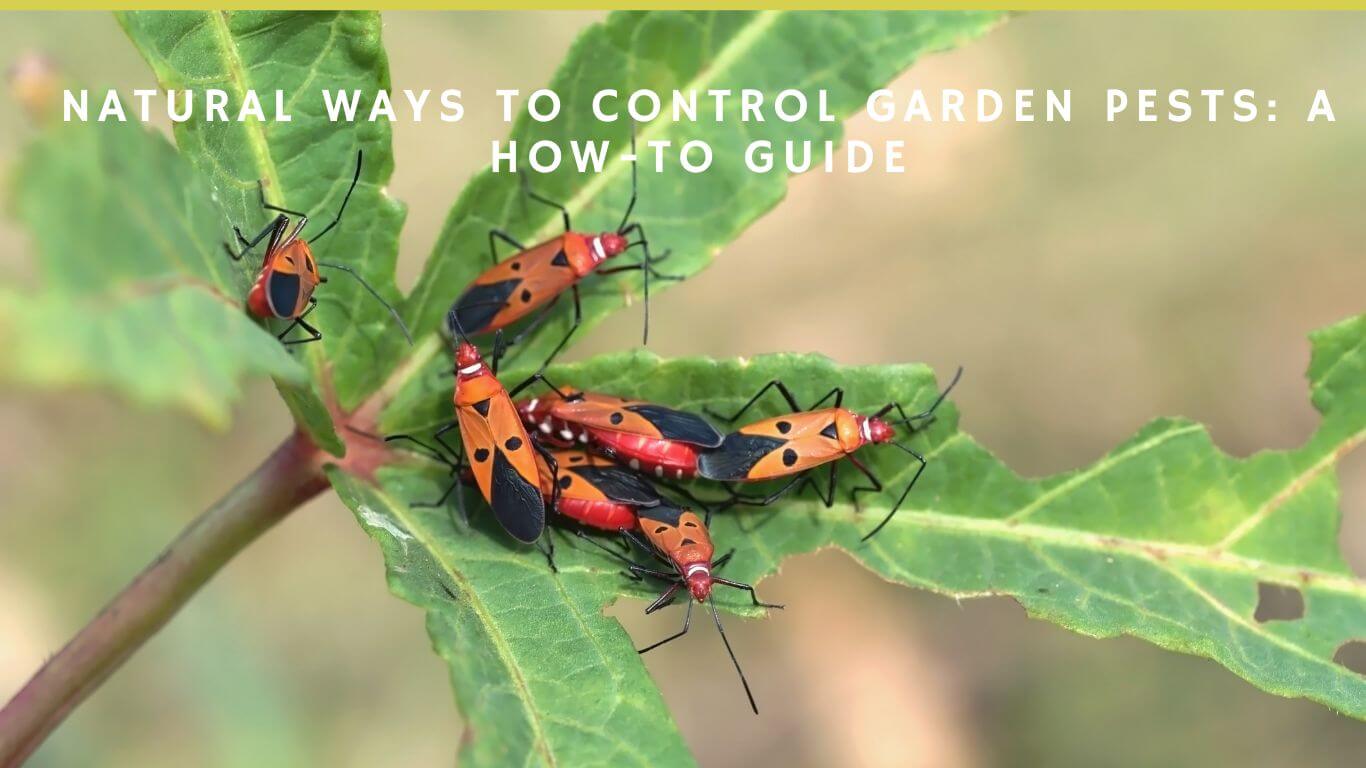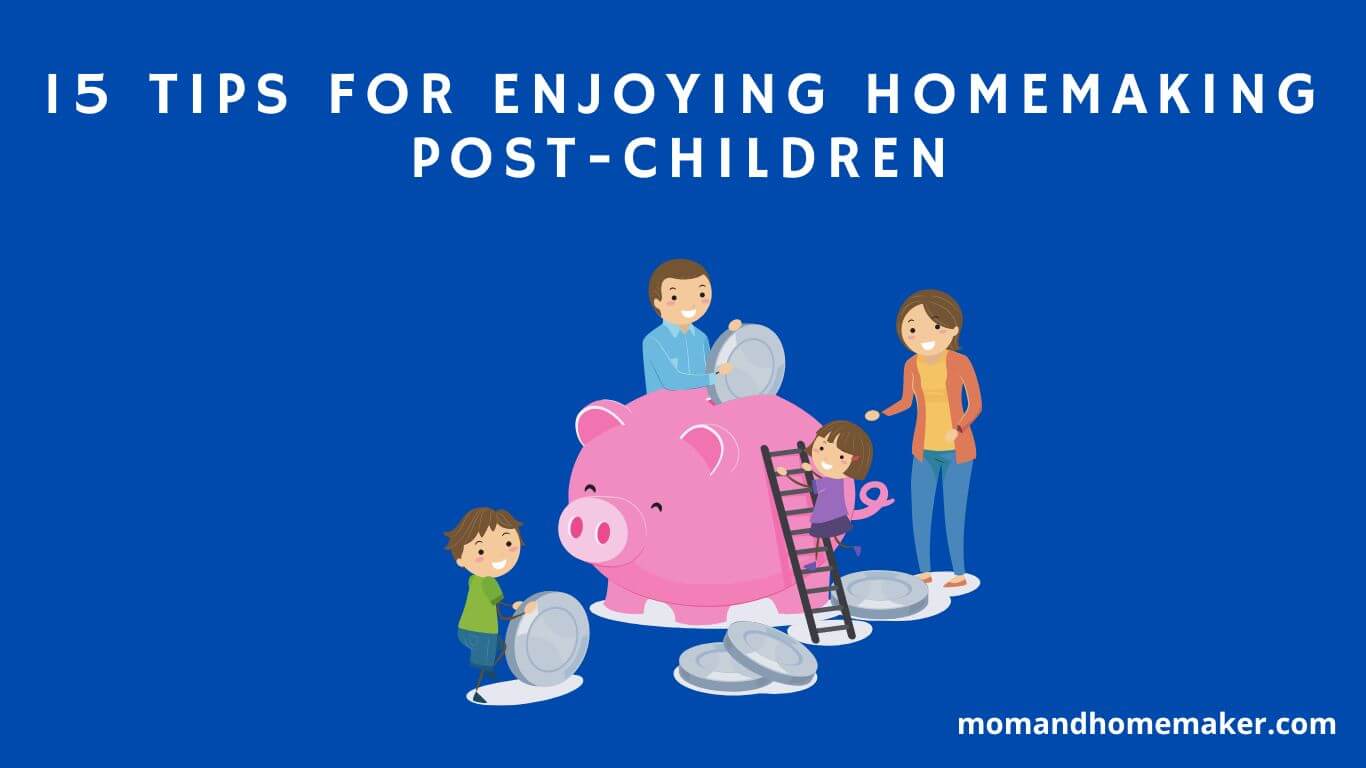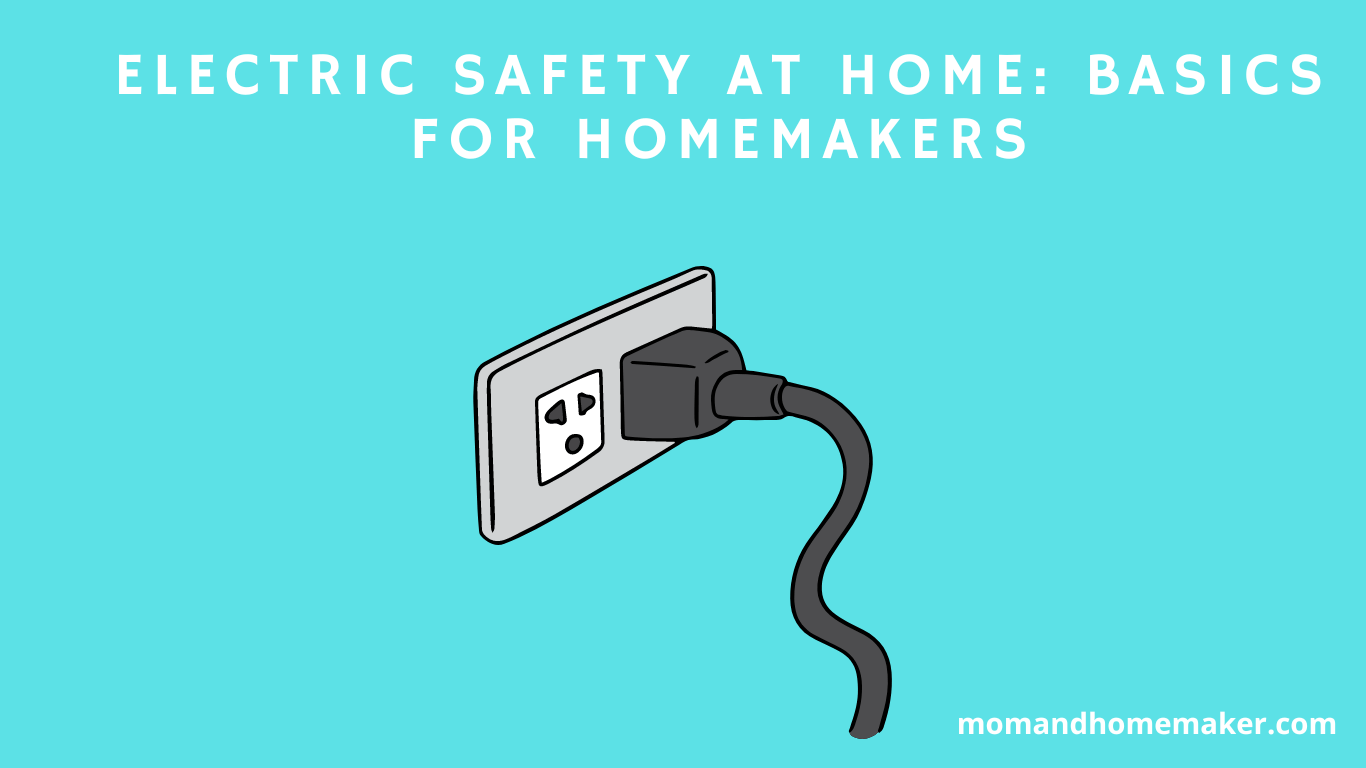Gardening enthusiasts know all too well the frustration of dealing with garden pests. These unwelcome visitors can wreak havoc on our beloved plants and flowers, leaving us feeling defeated and helpless. However, before reaching for chemical pesticides, it’s worth considering natural ways to control garden pests. With proper watering, pest-resistant plants, and regular inspection, your garden will be a haven for biodiversity.
Not only are these methods safer for the environment and our health, but they can also be highly effective. In this comprehensive how-to guide, we will identify a wide range of natural techniques and remedies to keep those pesky pests at bay and enjoy a thriving garden all season long.
Join the community of gardeners who are taking control of their gardens in a natural and sustainable way.

Identify Common Garden Pests
To identify common garden pests, observe the plants and look for signs of damage or unusual activity. By closely examining your garden, you can effectively identify these pesky intruders and take necessary steps for their control.
Common garden pests include aphids, slugs, snails, caterpillars, and beetles. Aphids are tiny insects that can cause significant damage by sucking the sap from plants and leaving behind sticky residue. Slugs and snails are notorious for devouring leaves and tender shoots. Caterpillars, such as the cabbageworm, can quickly strip plants of their foliage. Beetles, like the Colorado potato beetle, are known to eat and destroy various garden crops.
To prevent garden pests from causing further damage, it’s essential to implement natural pest control methods. Integrated pest management (IPM) is an effective approach that combines various techniques to prevent and manage pests organically. These techniques include crop rotation, companion planting, and the use of physical barriers like nets or fences.
Attracting beneficial insects such as ladybugs and lacewings can provide natural pest control by preying on garden pests. By identifying common garden pests and implementing organic pest management strategies, you can create a healthy and thriving garden while minimizing the use of harmful chemicals.
Attract Beneficial Insects
One effective way to control garden pests naturally is by attracting beneficial insects to your garden. These insects can help keep the population of harmful pests in check, reducing the need for chemical pesticides. Attracting pollinators, such as bees and butterflies, isn’t only beneficial for your garden but also for the overall ecosystem.
You can create insect-friendly habitats by providing food, water, and shelter. Planting a variety of flowers, especially those with bright colors and strong scents, will attract pollinators and beneficial insects. Incorporating trap crops, which are plants that attract pests away from your main crops, can also help control garden pests naturally.
Using beneficial nematodes, and microscopic worms that attack and kill garden pests can be an effective natural pest control method. By implementing these techniques, you can create a balanced and healthy garden ecosystem that promotes the presence of beneficial insects and reduces the need for harmful chemicals.
Use Companion Planting Techniques
You can effectively control garden pests naturally by regularly using companion planting techniques. Companion planting involves strategically planting different crops together to maximize their benefits and minimize pest damage. Here are some ways you can use companion planting to your advantage:
- Intercropping benefits: By interplanting different crops, you can create a diverse and balanced ecosystem in your garden. This helps to confuse pests, making it harder for them to find their preferred plants and reducing the risk of infestations.
- Trap cropping techniques: Planting specific crops that are highly attractive to pests can act as ‘trap crops’ and divert them away from your main crops. For example, planting marigolds can attract aphids away from your vegetables.
- Pest-repelling herbs: Certain herbs, such as basil, thyme, and rosemary, have natural pest-repellent properties. Planting these herbs among your crops can help deter pests and protect your plants.
- Insectary plants: Including flowering plants in your garden that attract beneficial insects, such as ladybugs and lacewings, can help control pest populations. These beneficial insects feed on pests and help maintain a balance in your garden.
- Beneficial nematodes: Nematodes are microscopic organisms that can be beneficial in controlling soil-dwelling pests. By introducing beneficial nematodes into your garden, you can naturally reduce the populations of pests like grubs and caterpillars.
Implement Crop Rotation Strategies
To effectively control garden pests naturally, incorporate crop rotation strategies into your gardening routine. Crop rotation is a technique that involves changing the type of crops planted in specific areas of your garden each year. This method offers numerous benefits, such as reducing pest populations, improving soil fertility, and preventing the buildup of diseases and pests.
Implementing crop rotation involves careful planning and consideration. Here are some techniques and tips to ensure your crop rotation is successful:
- Crop Rotation Planning: Before planting, create a schedule to rotate crops based on their families. This helps prevent the recurrence of pests and diseases that target specific plant families.
- Crop Rotation Techniques: Divide your garden into sections and rotate crops from different plant families each year. For example, you can rotate leafy greens with root vegetables or legumes with fruiting crops.
- Crop Rotation Challenges: One of the challenges of crop rotation is limited space. To overcome this, consider vertical gardening or using containers to maximize your growing area.
Practice Proper Watering and Drainage
Maintain adequate moisture levels in your garden soil to practice proper watering and drainage. Proper watering and drainage are essential for pest management and garden maintenance. Here are some tips to help you achieve optimal soil moisture and drainage:
- Watering frequency: Water your garden deeply and infrequently rather than shallowly and frequently. This encourages deep root growth and prevents waterlogging.
- Mulching: Apply a layer of organic mulch around your plants to help retain moisture in the soil and reduce evaporation. Mulching also helps regulate soil temperature and suppresses weed growth.
- Proper drainage: Ensure that your garden has proper drainage by amending the soil with organic matter, such as compost, to improve its structure. Avoid overwatering, as it can lead to waterlogging and create an environment favorable to pests and diseases.
By practicing proper watering and drainage techniques, you can create a healthy and thriving garden. Maintaining optimal soil moisture levels not only supports plant growth but also helps prevent pests and diseases.
Use Physical Barriers and Traps
To effectively control garden pests, utilize physical barriers and traps. Implementing eco-friendly solutions isn’t only beneficial for your plants but also for the environment.
Creating pest-proof barriers is an effective way to keep unwanted visitors out of your garden. Install fences or netting to prevent larger pests like rabbits and deer from entering. For smaller pests like insects, consider using row covers or mesh screens to protect your plants.
Another method is using scent deterrents. Certain plants, such as marigolds and garlic, emit strong scents that repel pests. Planting these around your garden can help deter pests naturally.
Applying natural pest repellents can be effective. Spraying a mixture of water and soap can control aphids while introducing beneficial insects like ladybugs can help control other pests.
Adopting sustainable gardening methods is also important. Practices like crop rotation, companion planting, and maintaining healthy soil can help reduce pest infestations.
Introduce Natural Predators
Invite natural predators into your garden to help control garden pests. By introducing natural predators, you can encourage biodiversity and create a diverse ecosystem that naturally regulates pest populations.
Here are some ways to effectively introduce natural predators and maintain a healthy garden:
- Attract beneficial insects: Plant flowers and herbs that attract beneficial insects like ladybugs, lacewings, and hoverflies. These insects prey on garden pests and help keep their populations in check.
- Provide habitat: Create habitat for natural predators by including rock piles, birdhouses, and native plants. These provide shelter and nesting sites for birds, bats, and reptiles, which are natural predators of pests.
- Remove breeding areas: Eliminate standing water sources such as stagnant ponds or puddles to prevent mosquito breeding. Mosquitoes aren’t only annoying but can also transmit diseases.
Remember, while introducing natural predators is beneficial, it’s important to seek professional advice to ensure that you select the appropriate predators for your specific garden and location.
Make Your Own Pest-Repelling Sprays
Once you have attracted natural predators to your garden, it’s time to take the next step and make your own pest-repelling sprays. By creating DIY pest-repelling recipes, you can effectively control garden pests using non-toxic bug repellents that are safe for both your plants and the environment. Homemade insect sprays offer a natural alternative to chemical pesticides, ensuring that your garden remains healthy and thriving.
Here are some natural pest deterrents and organic pest control methods that you can easily make at home:
| Recipe | Ingredients |
|---|---|
| Garlic Spray | Garlic, water, liquid soap |
| Neem Oil Spray | Neem oil, water, liquid soap |
| Hot Pepper Spray | Hot peppers, water, liquid soap |
| Onion Spray | Onion, water, liquid soap |
| Eucalyptus Spray | Eucalyptus essential oil, water, liquid soap |
To make these homemade sprays, simply mix the ingredients together and pour the solution into a spray bottle. When applying the spray, make sure to thoroughly coat the leaves and stems of your plants. These natural pest-repelling sprays work by emitting strong odors that pests find unpleasant, effectively deterring them from your garden.
Utilize Organic Fertilizers
To effectively nourish your garden while avoiding harmful chemicals, utilize organic fertilizers. Organic fertilizers have several benefits that not only promote healthy plant growth but also support a sustainable and eco-friendly gardening practice. Here are some key points to help you understand the importance and application of organic fertilizers:
- Organic fertilizer benefits:
- Enhance soil fertility: Organic fertilizers improve the overall health and structure of the soil, making it more nutrient-rich and capable of retaining moisture.
- Environmentally friendly: Unlike synthetic fertilizers, organic fertilizers are derived from natural sources, such as compost, manure, or plant-based materials, which reduces the risk of chemical runoff and pollution.
- Long-lasting effects: Organic fertilizers release nutrients slowly, providing a steady and continuous supply of essential elements to plants over time.
- Homemade organic fertilizers:
- Compost: Create your own nutrient-rich compost by combining kitchen scraps, yard waste, and other organic materials. This homemade fertilizer isn’t only cost-effective but also great for recycling organic waste.
- Manure: Animal manure, such as a cow or chicken manure, can be composted and used as an organic fertilizer that adds valuable nutrients to the soil.
- Types of organic fertilizers:
- Bone meal: Made from ground animal bones, bone meal is rich in phosphorus, which promotes root development and flowering.
- Fish emulsion: Derived from fish waste, this liquid fertilizer is high in nitrogen and is excellent for promoting leafy growth.
- Blood meal: Produced from dried animal blood, blood meal is a quick-release nitrogen fertilizer that stimulates vigorous plant growth.
- Organic fertilizer application:
- Follow package instructions: Different organic fertilizers have varying application rates, so it’s essential to read and follow the instructions provided on the package.
- Apply evenly: Spread the organic fertilizer evenly across the soil surface and gently work it into the top layer of soil to ensure proper distribution and absorption.
- Water thoroughly: After applying organic fertilizer, water the soil thoroughly to help activate the nutrients and prevent burning.
Employ Companion Animals in the Garden
To further enhance your garden’s natural pest control methods, consider employing companion animals to help manage unwanted critters.
Companion animals such as cats, dogs, and chickens can play a valuable role in maintaining a healthy garden ecosystem. These animals not only provide companionship but also contribute to the natural control of garden pests.
Cats are excellent hunters and can help control rodents like mice and rats, which can wreak havoc on your plants. Their keen senses and agility make them effective in catching these pests. Dogs, on the other hand, can be trained to deter larger pests like rabbits and deer. Their presence alone can help keep these critters away from your precious plants.
Chickens aren’t just great providers of fresh eggs; they also excel at pest control. They love to scratch and peck at the ground, searching for insects and grubs. By allowing chickens to roam freely in your garden, they can help keep the pest population in check.
When employing companion animals in your garden, it’s important to consider their behavior and needs. Make sure to train them accordingly and provide them with a safe and secure environment.
Create a Diverse Garden Ecosystem
Enhance your garden’s natural pest control by diversifying your garden ecosystem. Creating a diverse garden ecosystem not only promotes a sense of belonging but also attracts beneficial insects and animals that help with natural pest control. By incorporating the following strategies, you can create a thriving and balanced garden environment:
- Attracting pollinators: Plant a variety of flowers, such as lavender, sunflowers, and bee balm, to attract pollinators like bees and butterflies. These insects not only assist in pollination but also prey on garden pests, keeping their populations in check.
- Creating microclimates: Vary the types of plants and structures in your garden to create different microclimates. For example, planting tall trees or erecting trellises can provide shade and shelter for beneficial insects and birds, while open areas allow for more sunlight and warmth. This diversity of habitats encourages a wide range of beneficial organisms to thrive.
- Using organic pesticides: Opt for organic pesticides, such as neem oil or insecticidal soap, to control pests without harming beneficial insects. These natural alternatives are effective and safer for the environment, ensuring a healthy and balanced ecosystem.
Remove Pest Habitats and Breeding Areas
Clear out pest habitats and breeding areas to effectively control garden pests. Proper pest identification is crucial in order to target specific habitats and breeding areas. By understanding the pests that are causing damage in your garden, you can take appropriate measures to eliminate their habitats and prevent further breeding.
One effective method is to encourage beneficial insects that prey on garden pests. These insects, such as ladybugs and lacewings, can help control pest populations naturally. You can attract these beneficial insects by planting flowers that provide nectar and pollen, such as marigolds and alyssum.
Companion planting is another strategy to deter pests and disrupt their breeding areas. Certain plants, like basil and mint, can repel pests with their strong aroma. Additionally, interplanting different crops can confuse pests and make it harder for them to find suitable breeding sites.
Crop rotation is essential in disrupting pest breeding cycles. By rotating crops each season, you prevent pests from becoming established in the soil and reduce the risk of infestations. This technique also helps maintain soil health and fertility.
Proper watering techniques can also play a role in pest control. Overwatering can create damp conditions that attract pests, while underwatering can stress plants and make them more susceptible to attack. Finding the right balance of watering will help keep pests at bay.
Practice Proper Pruning and Plant Maintenance
Maintain healthy plants and prevent pest infestations by regularly pruning and maintaining your garden. Proper pruning techniques and a consistent plant maintenance schedule are essential for keeping your garden pest-free and flourishing.
Here are some natural pest control methods and organic gardening tips to help you achieve sustainable gardening practices:
- Prune infected or damaged branches: Regularly inspect your plants for any signs of disease or pest infestation. Prune infected or damaged branches promptly to prevent the spread of pests and diseases.
- Remove dead leaves and debris: Dead leaves and debris can provide hiding places for pests. Regularly remove them from your garden to minimize pest infestations and create a clean and healthy environment for your plants.
- Promote air circulation: Proper pruning helps improve air circulation among your plants. This reduces the risk of fungal diseases and creates an unfavorable environment for pests to thrive.
By following these proper pruning techniques and incorporating them into your plant maintenance schedule, you can effectively control garden pests while promoting the health and vitality of your plants.
Embracing sustainable gardening practices not only benefits your garden but also contributes to a greener and more eco-friendly environment.
Use Reflective Surfaces to Deter Pests
To deter pests in your garden, consider using reflective surfaces as a natural and effective method. Reflective surfaces can be a simple yet powerful tool in pest deterrence, as they create an environment that pests find unappealing and confusing. By strategically placing reflective surfaces in your garden, you can effectively manage garden pests without the use of harmful chemicals or pesticides.
One way to incorporate reflective surfaces into your garden is by using shiny objects such as aluminum foil strips or reflective tape. These can be hung from stakes or branches, creating movement and reflecting light in all directions. Another option is to use reflective mulch, which is made of metallic or plastic materials that bounce sunlight back onto the plants. This not only deters pests but also helps to increase the amount of sunlight reaching the plants, promoting healthy growth.
Here is a table to provide a visual representation of the different types of reflective surfaces that can be used for pest deterrence:
| Reflective Surface | Description | Benefits |
|---|---|---|
| Aluminum Foil Strips | Strips of aluminum foil hung from stakes or branches | Creates movement and reflects light |
| Reflective Tape | Shiny tape that can be wrapped around stakes or branches | Reflects light in all directions |
| Reflective Mulch | Metallic or plastic mulch that bounces sunlight back onto plants | Deters pests and increases sunlight |
Install Bird Feeders and Houses
Did you know that one effective way to control garden pests naturally is by installing bird feeders and houses? Birds are natural predators of many common garden pests, and by providing them with a place to feed and nest, you can encourage them to stay in your garden and help control the population of unwanted insects.
Here are three reasons why installing bird feeders and houses can be beneficial for your garden:
- Attracting birds: By placing bird feeders filled with seeds and nuts in your garden, you can attract a wide variety of bird species. Birds are naturally drawn to areas with a reliable food source, and by providing them with a diverse selection of food, you can increase the chances of different bird species visiting your garden.
- Natural pest control: Many birds feed on insects and other garden pests, making them valuable allies in the fight against unwanted critters. By attracting birds to your garden with bird feeders and houses, you can create a natural balance that helps to control the population of pests.
- Encouraging nesting: Installing bird houses in your garden provides birds with a safe place to build their nests and raise their young. By offering shelter and protection, you can create an environment that encourages birds to make your garden their home.
Installing bird feeders and houses in your garden is a simple and effective way to control garden pests naturally. Not only will you be helping to maintain a healthy ecosystem, but you’ll also enjoy the beauty and melodious songs of the birds that visit your garden.
Implement Sound and Motion Deterrents
Sound deterrents and motion deterrents are effective methods of natural pest control that can help prevent garden pests from damaging your plants. Sound deterrents work by emitting high-frequency sounds that pests find irritating and will avoid. These devices can be placed strategically around your garden to create a hostile environment for pests.
Motion deterrents, on the other hand, use movement to scare away pests. Common motion deterrents include wind chimes, reflective surfaces, and spinning devices. The movement of these objects will startle pests and make them think twice about entering your garden.
By combining sound deterrents and motion deterrents, you can create a powerful pest deterrent system that keeps unwanted visitors at bay. Remember to place these devices strategically, focusing on areas where pests are most likely to enter or be attracted to.
Utilize Natural Pest Control Products
For effective and ongoing pest control in your garden, you should regularly utilize natural pest control products. By incorporating these eco-friendly pest control methods into your gardening routine, you can effectively manage and repel pests without harming the environment or endangering beneficial insects.
Here are some natural pest control options that you can easily implement:
- Natural Pest Repellents:
- Plant marigolds, garlic, or chrysanthemums as natural repellents to deter pests like aphids, mosquitoes, and beetles.
- Use essential oils such as peppermint, neem, or lavender to create homemade insect repellents.
- Install bird feeders and birdhouses to attract insect-eating birds that help keep pest populations in check.
- DIY Pest Control:
- Create DIY traps using household items like beer traps for slugs or dish soap and water traps for aphids.
- Handpick pests like caterpillars or snails and dispose of them manually.
- Use physical barriers such as netting or row covers to protect your plants from pests.
- Homemade Insecticides:
- Make your own organic pest management solutions using ingredients like vinegar, soap, or garlic.
- Apply natural insecticides like insecticidal soap or horticultural oils to control pests while minimizing harm to beneficial insects.
Integrate Pest-Resistant Plant Varieties
To further enhance your garden’s pest control efforts, integrate pest-resistant plant varieties. Planting resistant plant varieties is an effective natural method of pest management. These varieties have been bred or selected for their ability to withstand attacks from common garden pests. By incorporating them into your garden, you can reduce the need for chemical pesticides and promote a healthier ecosystem.
Resistant plant varieties have built-in defenses that make them less appealing or vulnerable to garden pests. For example, some plants have natural toxins or compounds that repel insects or inhibit their feeding. Others have physical characteristics, such as tough leaves or thorns, that deter pests from feeding on them. By choosing these plants, you create a less attractive environment for pests, reducing the likelihood of an infestation.
When selecting resistant plant varieties, consider the specific pests that are problematic in your area. Different plants have different levels of resistance to specific pests, so it’s important to choose varieties that are known to be effective against the pests you encounter most frequently. Consult with local gardening experts or nurseries to get recommendations on the best resistant plant varieties for your region.
Integrating pest-resistant plant varieties into your garden is a proactive and sustainable approach to pest control. By using natural methods like this, you can effectively manage garden pests while minimizing the use of harmful chemicals.
Encourage Natural Pest Control Through Biodiversity
Encouraging biodiversity in your garden is a key strategy for naturally controlling garden pests. By promoting a diverse range of plant and animal species, you create an environment that attracts beneficial insects and animals, which in turn help keep pest populations in check.
Here are three ways you can encourage natural pest control through biodiversity:
- Encourage pollinator populations: Plant a variety of flowers that attract bees, butterflies, and other pollinators. These insects not only help with pollination, but they also feed on pests like aphids and mites, reducing their numbers naturally.
- Create wildlife habitats: Provide shelter, food, and water sources for beneficial wildlife such as birds, frogs, and lizards. These animals are natural predators of garden pests and can help keep their populations under control.
- Incorporate trap crops: Planting specific crops that pests are particularly attracted to can divert them away from your main garden. For example, planting marigolds can attract aphids, which will then leave your other plants alone.
By promoting biodiversity in your garden, you’re creating a balanced ecosystem where natural pest control can thrive. Not only will you reduce the need for harmful pesticides, but you’ll also create a welcoming environment for a wide range of beneficial organisms.
Practice Regular Garden Inspection and Monitoring
Perform regular inspections and monitor your garden to effectively control pests using natural methods. Regular inspection is crucial in detecting pest infestations early on, allowing you to take prompt action before they cause significant damage to your plants.
Set aside time each week to thoroughly examine your garden, paying close attention to the leaves, stems, and fruits for any signs of pest activity. Look for chewed leaves, yellowing or wilting plants, and holes in the soil. By identifying pests early, you can implement appropriate control measures and prevent the infestation from spreading.
Monitoring techniques, such as placing sticky traps or using pheromone lures, can help you determine the type and population of pests in your garden. This information is essential for developing targeted pest management strategies.
Familiarize yourself with the beneficial insects in your garden, as they play a crucial role in maintaining a healthy garden ecosystem. Encouraging their presence through the use of companion planting and providing habitat structures can help control pest populations naturally.
Regular inspection and monitoring not only allow you to identify pests but also help you evaluate the effectiveness of your pest control methods. By keeping track of pest activity and the success of your interventions, you can make necessary adjustments to ensure long-term pest management success. Remember, a healthy garden is a result of diligent observation and proactive pest control practices.
Seek Professional Advice When Necessary
If you encounter persistent or severe pest issues in your garden, it may be wise to consult a professional for expert advice and assistance. Professional consultation can provide you with the necessary expertise to effectively control garden pests and ensure the health and vitality of your plants.
Here are some reasons why seeking professional guidance is beneficial:
- Expert Advice: Pest control companies and garden experts have extensive knowledge and experience in dealing with various pests. They can accurately identify the pests in your garden and recommend the most effective methods to eliminate them.
- Tailored Solutions: Every garden is unique, and pest control solutions need to be tailored to specific circumstances. Professionals can assess your garden’s layout, plant selection, and pest population to develop a customized pest control plan that suits your needs.
- Safety and Environment: Pest control products can be harmful to humans, pets, and the environment if not used correctly. Professionals are trained in the safe and responsible use of pesticides, ensuring the well-being of your garden and those around it.
When seeking professional consultation, choose reputable pest control companies or garden experts with a track record of success. They can provide you with the knowledge and tools necessary to address your pest issues effectively. With their professional guidance, you can enjoy a pest-free garden and the satisfaction of knowing that you’re taking the best possible care of your plants.
Conclusion
In conclusion, implementing natural ways to control garden pests is not only beneficial for our plants and ecosystems but also for our overall well-being. This guide has provided us with a range of effective methods to reduce and eliminate pests without using harmful chemicals.
By understanding the importance of biodiversity, attracting beneficial insects, practicing proper garden maintenance, and utilizing organic pest control solutions, we can create a balanced and thriving environment for our plants to flourish.
When we embrace these natural approaches, we can protect our gardens, promote sustainability, and enjoy the beauty and abundance of our outdoor spaces for years to come.
















